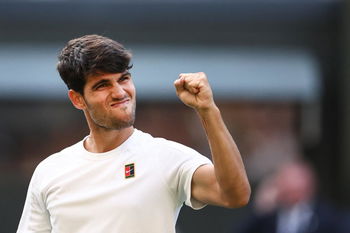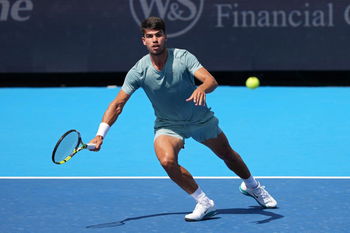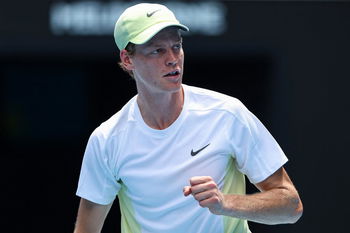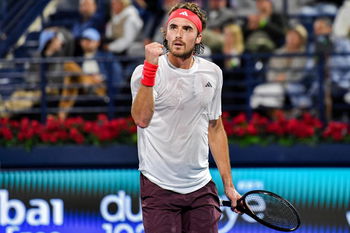I spent 6 days in intensive care—if I hadn’t been young, I don’t know if I would have survived," Dzumhur reflects on his pancreatitis

This Sunday in Cincinnati, Damir Dzumhur will face Carlos Alcaraz for the second time this season against the Spaniard.
In an interview with the ATP, the Bosnian player revisited an episode of his life, which he describes as the worst he’s ever experienced: "The period after Roland-Garros in 2022 was probably the worst time of my life.
If I hadn’t been young and healthy, I don’t know if I would have made it out alive. It all started after my first-round qualifying loss to Fernando Verdasco in Paris.
I had severe stomach pain, and after consulting a doctor, I went to the hospital. I was diagnosed with acute pancreatitis and quickly transferred to intensive care, where I stayed for six days.
The days were long, especially at the beginning. The pain was unbearable, so I couldn’t sleep without strong painkillers.
The nights felt endless, and time seemed to stand still.
The doctors never figured out how I contracted this illness. Unfortunately, it happened suddenly.
It’s possible, but the risks are very low for a healthy person who doesn’t eat poorly or drink heavily.
I spent my 30th birthday in a French hospital, without my family, and tennis was the furthest thing from my mind. My son, Luka, had been born the previous October, and instead of enjoying life with him, I was in a hospital bed abroad, unsure of what the future held.
I asked to be transferred to Belgrade because we’d found a very good doctor who came highly recommended, and I also wanted to be closer to my family.
The doctors in Paris were against it, saying I wasn’t in any condition to travel. I didn’t fully grasp the severity of my situation.
Those doctors saved my life—I can’t thank them enough. But in those difficult moments, your mind races, and you desperately need to be with the people you love.
My greatest need was to go home.
After more than 20 days, I was discharged, and the recovery process began. According to the doctors, my condition improved fairly quickly. To me, it felt agonizingly slow. I’d lost 11 kilos and weighed just 55 kilos when I left the hospital.
At that point, I wasn’t thinking about tennis, and I didn’t know how I’d come back. I didn’t even know if I *would* come back.
Tennis players are so used to focusing on matches and results, but I was just grateful to be alive.
Once I felt better and regained some weight, I thought it would be good to start training and competing again. It’s in my blood—I love competition, and I’ll do whatever it takes to win.







 Cincinnati
Cincinnati 











 Changing coach or reinventing yourself: the off-season, time for big decisions
Changing coach or reinventing yourself: the off-season, time for big decisions  The Rafa Nadal Academy: a model of expertise and professionalism for tennis’s future stars
The Rafa Nadal Academy: a model of expertise and professionalism for tennis’s future stars  Davis Cup: between reforms, criticism and national culture
Davis Cup: between reforms, criticism and national culture  When tennis stars change courts: from Noah the singer to Safin the deputy, another match – the battle of reinvention
When tennis stars change courts: from Noah the singer to Safin the deputy, another match – the battle of reinvention